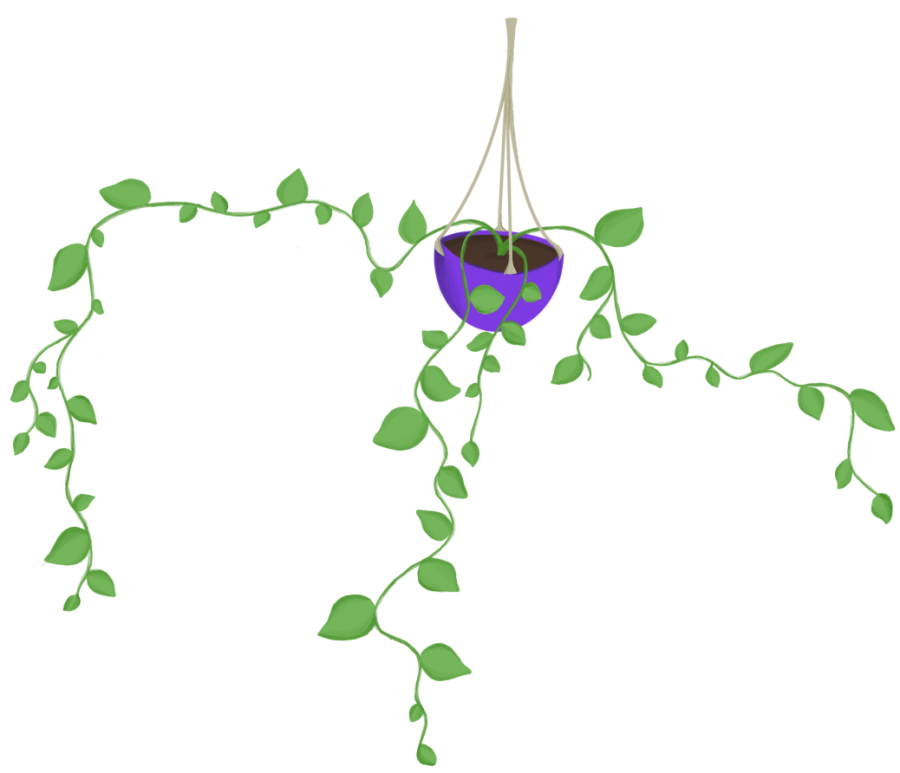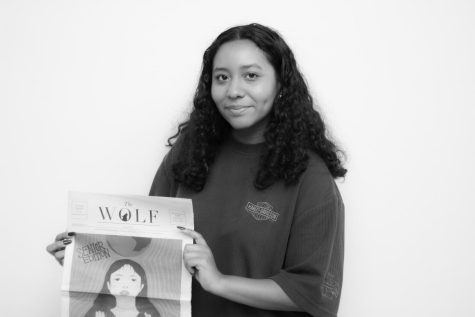Changing your perspective can lead to inner healing
February 10, 2023
When I was first introduced to the process of grief, I thought that the five stages – denial, anger, bargaining, depression and acceptance – would pass in a few weeks.
Grief is a process of healing, not an emotion. Sadness, anger, guilt and despair are the strong emotions that can accompany grieving; nevertheless, grief itself is the natural process that enables those emotions to be experienced, acknowledged, expressed and worked out. In that sense, grief is not your adversary; rather, it is a friend. Grief is not a reason to be hopeless, but a reason to have hope that you will find your way back to a life very much worth living.
My first experience with loss happened on Feb. 20, 2022 when my friend Elliana Kramer passed away. It was shocking, and something that completely changed my life. I first met Elliana in 6th grade, during our Ed Tech class, where our bond became strong. I walked to Elliana’s dad’s house often, where we would indulge in watching niche movies and doing face masks. I felt that Elli was the first friend who liked me for who I truly was. She was unashamedly herself.
This past year I waited patiently for the grief to pass, and when it didn’t, I took responsibility by reading about it and trying to find a way. I quickly found comfort in the book Grief Is Love: Living with Loss by Marisa Renee Lee.
From Lee, I learned that grief is not a timeline; it can be a lifelong process that can come back to surprise me, even at the most inopportune times.
So when you consider your own grief, if you feel stuck or unable to move forward, consider Lee’s assertion: your person died, but the love you shared never will. This processed better through my brain than “time heals.”


